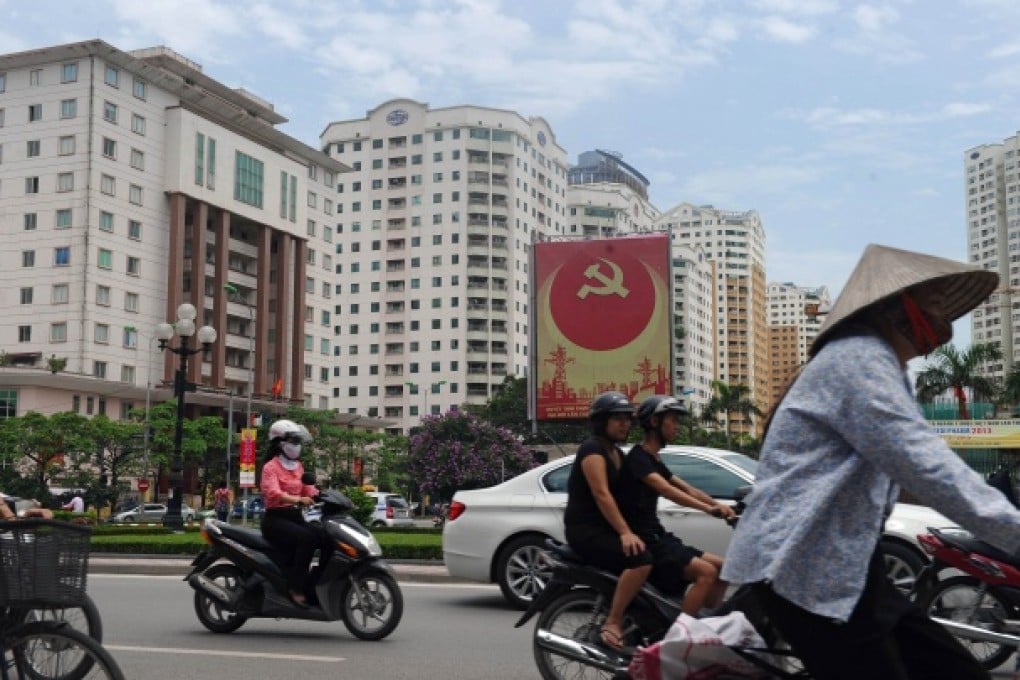Vietnam's people are finding their political voice
Jonathan London says that while repression still persists, it is becoming less pervasive

Important things are happening in Vietnam. Most attention has been given to the state repression that continues to sully its reputation internationally. Yet, within the past few months, Vietnam has experienced indisputable changes in its political culture, a development that is of much greater significance.
The changes consist not only of petitions or sporadic acts of defiance; in a very short period, the country has developed a lively, even pluralistic, political culture.
Recognising these changes also means recognising their limits. Driving through central Vietnam recently, I was reminded of how Stalinesque it can sometimes be. But this is no longer the only face of politics in the country.
Every day now, legions of Vietnamese are taking to the blogosphere and laying out their perspectives. Long dormant, the art of political commentary is seeing a renaissance.
For example, hundreds of citizens took to public parks in Hanoi, Ho Chi Minh City and Nha Trang to participate in human rights and freedom of association "picnics". Yes, these acts were met with repression, threats and beatings, but they persisted. And, however fleeting, it was a Tocquevillian moment for Vietnam.
So what is going on? Three developments seem most important. First, a few significant pockets of delusional thinking and entrenched conservative reflexes notwithstanding, virtually every serious observer of Vietnam's political economy knows it is time for substantive institutional reforms, and not simply in the economic realm.